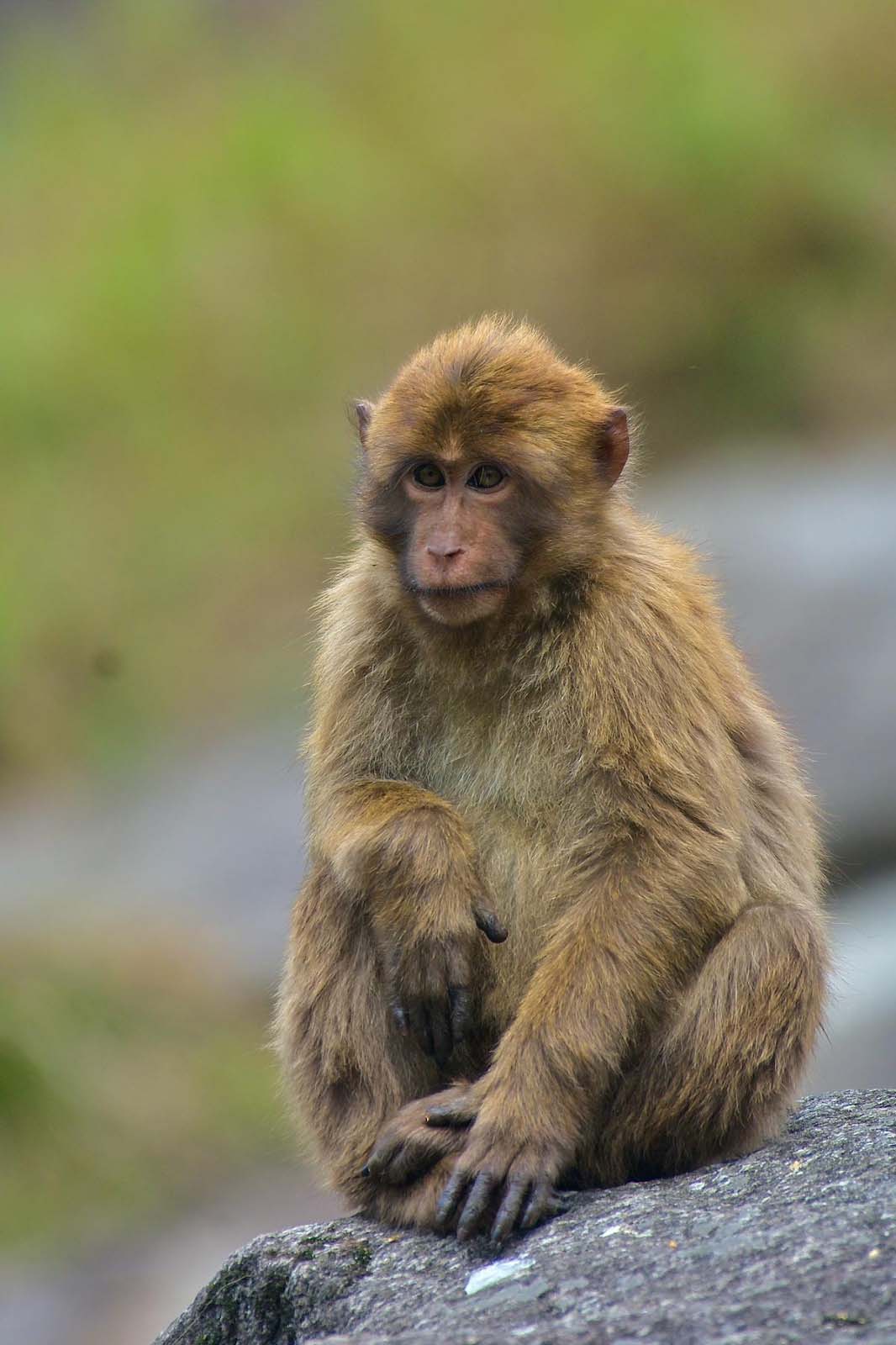Sela Macaque | 28 May 2022
Why in News?
A new species of old-world monkey recorded from Arunachal Pradesh has been named after Sela Pass, which is a strategic mountain pass at 13,700 ft above sea level, and the New Species has been named Sela Macaque.
- It was identified and analysed by a team of experts from the Zoological Survey of India (ZSI) and the University of Calcutta.
- Sela is situated between Dirang and Tawang towns in western Arunachal Pradesh.
What are the Findings?
- The phylogenetic analysis revealed that the Sela macaque was geographically separated from the Arunachal macaque (Macaca munzala) of Tawang district by Sela.
- Phylogenetics relate to the evolutionary development and diversification of a species or group of organisms.
- It was found to be genetically different from the other species of monkeys reported from this region.
- The study describes the Sela macaque as genetically closer to the Arunachal macaque.
- The two have some similar physical characteristics such as heavy-build shape and long dorsal body hair. Both species have troops that either avoid proximity to humans or are used to human presence.
- There are some distinct morphological traits to differentiate the two species. While the Sela macaque has a pale face and brown coat, the Arunachal macaque has a dark face and dark brown coat.
- Sela macaque has a tail longer than the Tibetan macaque, Assamese macaque, Arunachal macaque and the white-cheeked macaque but shorter than the bonnet macaque and toque macaque.
- Sela macaque belongs to the sinica species-group of Macaca, but it differs from all other members of this group through attributes such as brown collar hair and muzzle, thick brown hair around the neck and the absence of chin whiskers.
- Sela macaque is a major cause of crop loss in the West Kameng district of the State.
What is the Zoological Survey of India?
- The Zoological Survey of India (ZSI), a subordinate organization of the Ministry of Environment and Forests was established in 1916.
- It is a national centre for faunistic survey and exploration of the resources leading to the advancement of knowledge on the exceptionally rich faunal diversity of the country.
- It has its headquarters at Kolkata and 16 regional stations located in different geographic locations of the country.

